Events Calendar
From volunteer trips to film screenings and public meetings, there’s something for everyone.
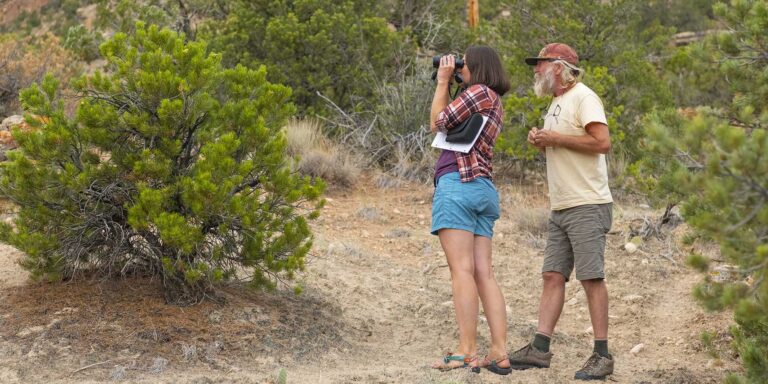
Grab your binoculars and help us spot pinyon jays! This is an independent community science project. You do the training, then you choose where, when,

Join writer and editor Laura Paskus on Zoom to talk about the anthology “Water Bodies.”
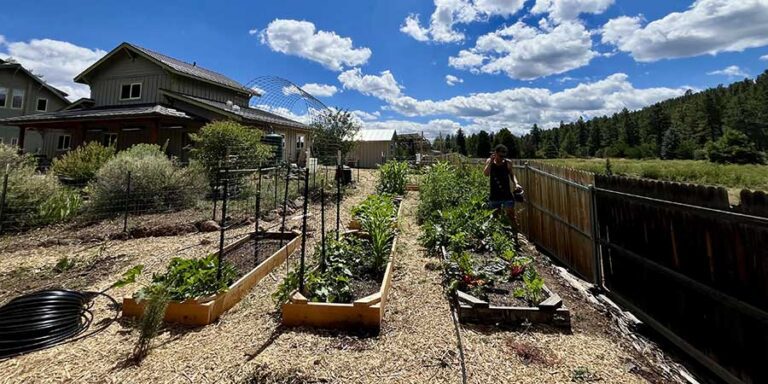
Help take care of a permaculture-inspired garden at the Trust’s main office in Flagstaff, Arizona.
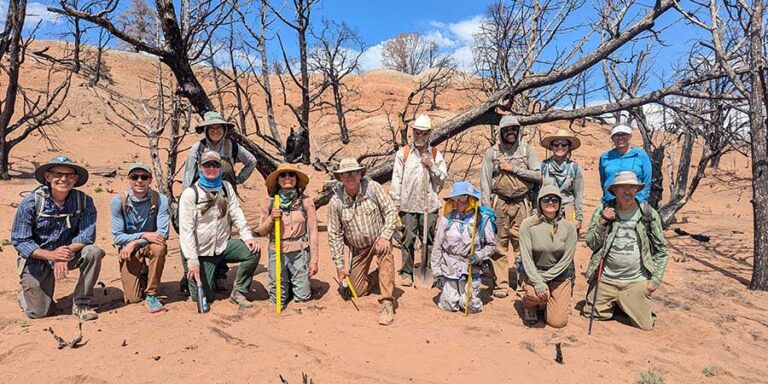
Help restore a burned area in Grand Staircase-Escalante National Monument by building erosion control structures.
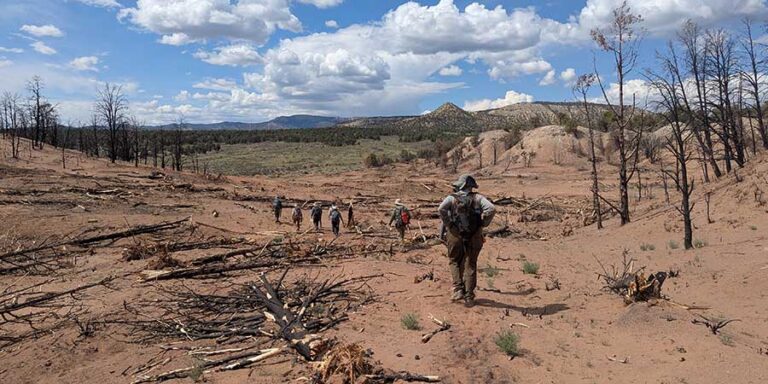
Help restore a burned area in Grand Staircase-Escalante National Monument by building erosion control structures.
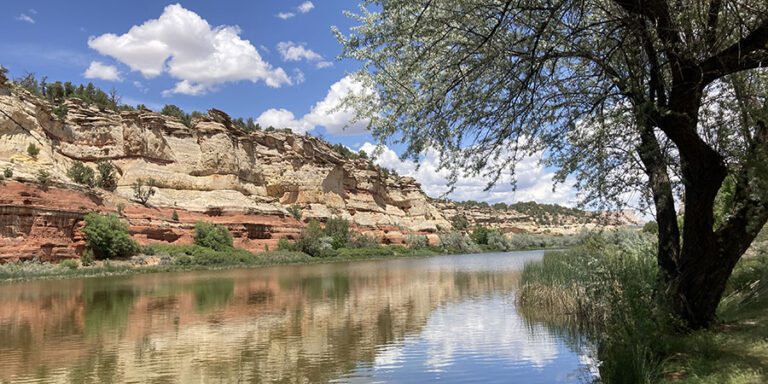
Camp in beautiful Johnson Lakes Canyon and help collect data and document native plant recovery.
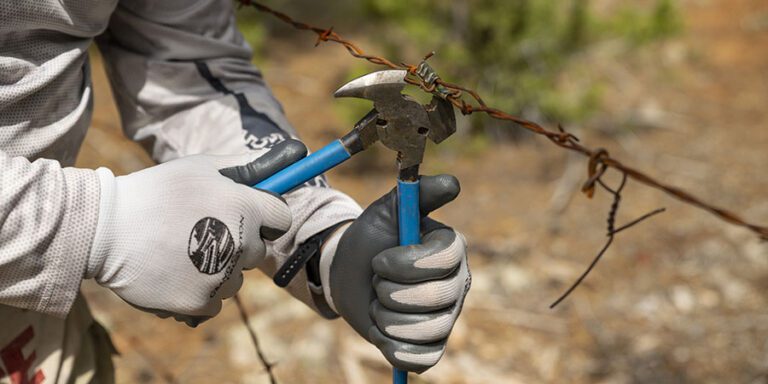
Help wildlife by removing hazardous fencing in a burned area of Grand Canyon National Park.
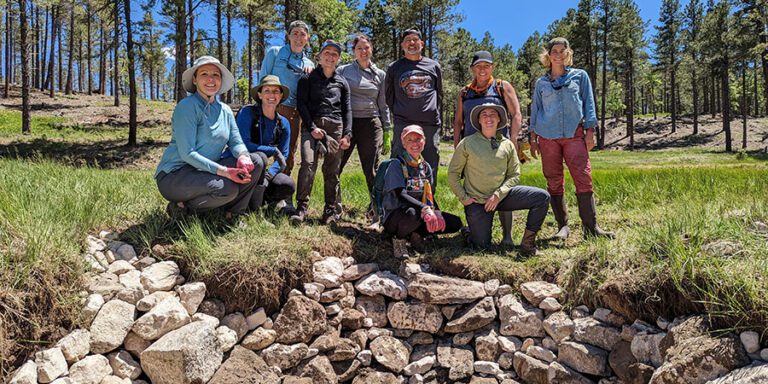
Join us to restore streams in Coconino National Forest outside of Flagstaff, Arizona. Save your spot for the work day on June 13, 2026.
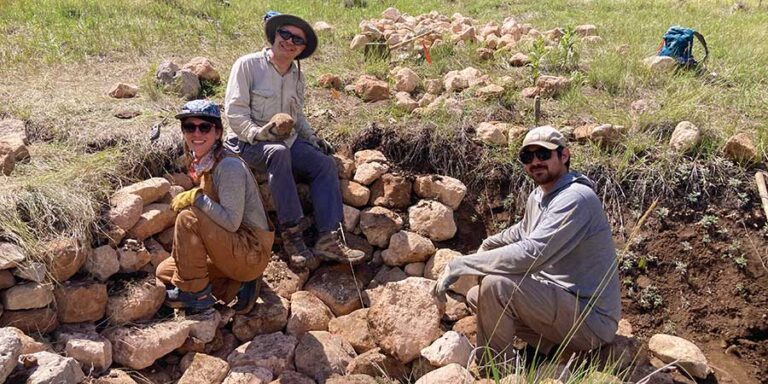
Join us to restore streams in Coconino National Forest outside of Flagstaff, Arizona. Save your spot for the work day on June 14, 2026.
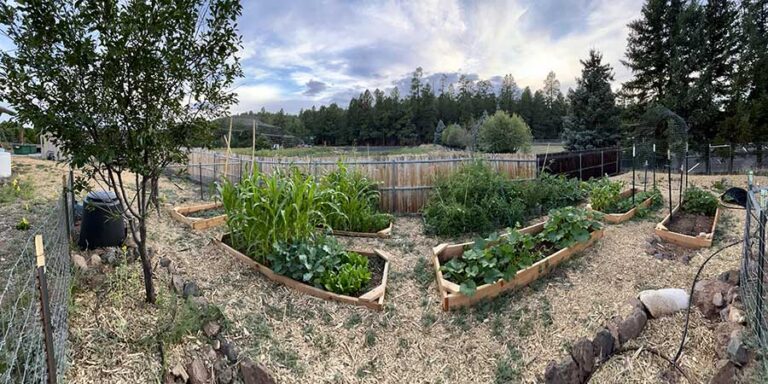
Help take care of a permaculture-inspired garden at the Trust’s main office in Flagstaff, Arizona.
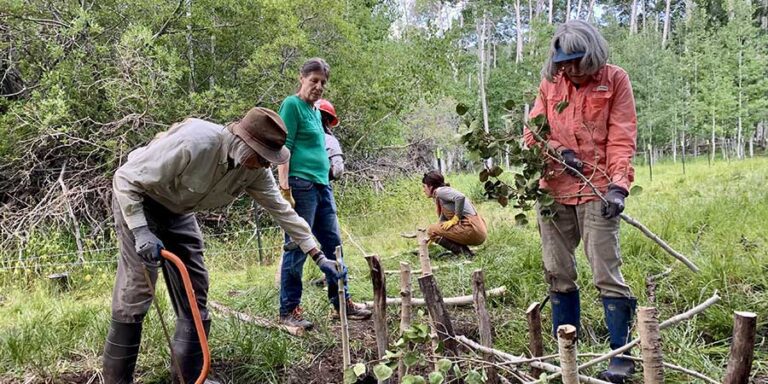
Help protect important springs and wetlands in the Manti-La Sal National Forest near Bears Ears National Monument.
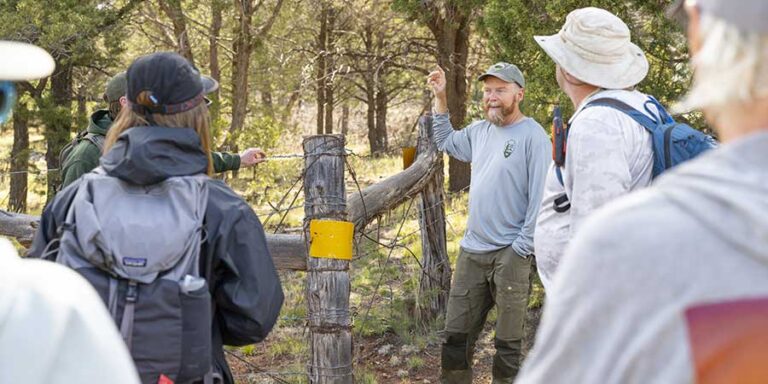
Help wildlife by removing hazardous fencing in a burned area of Grand Canyon National Park.
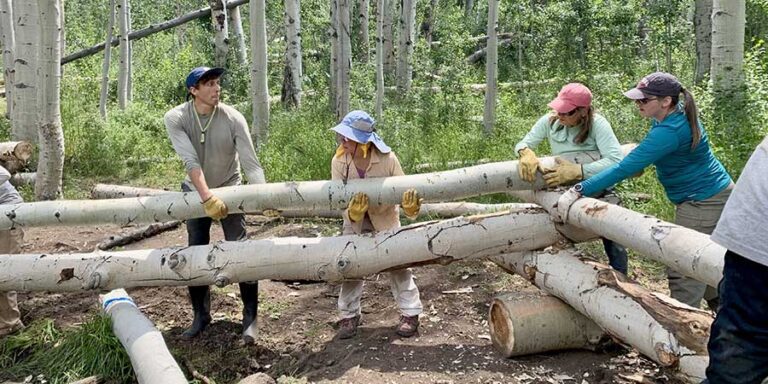
Help protect springs and wetlands for wildlife.
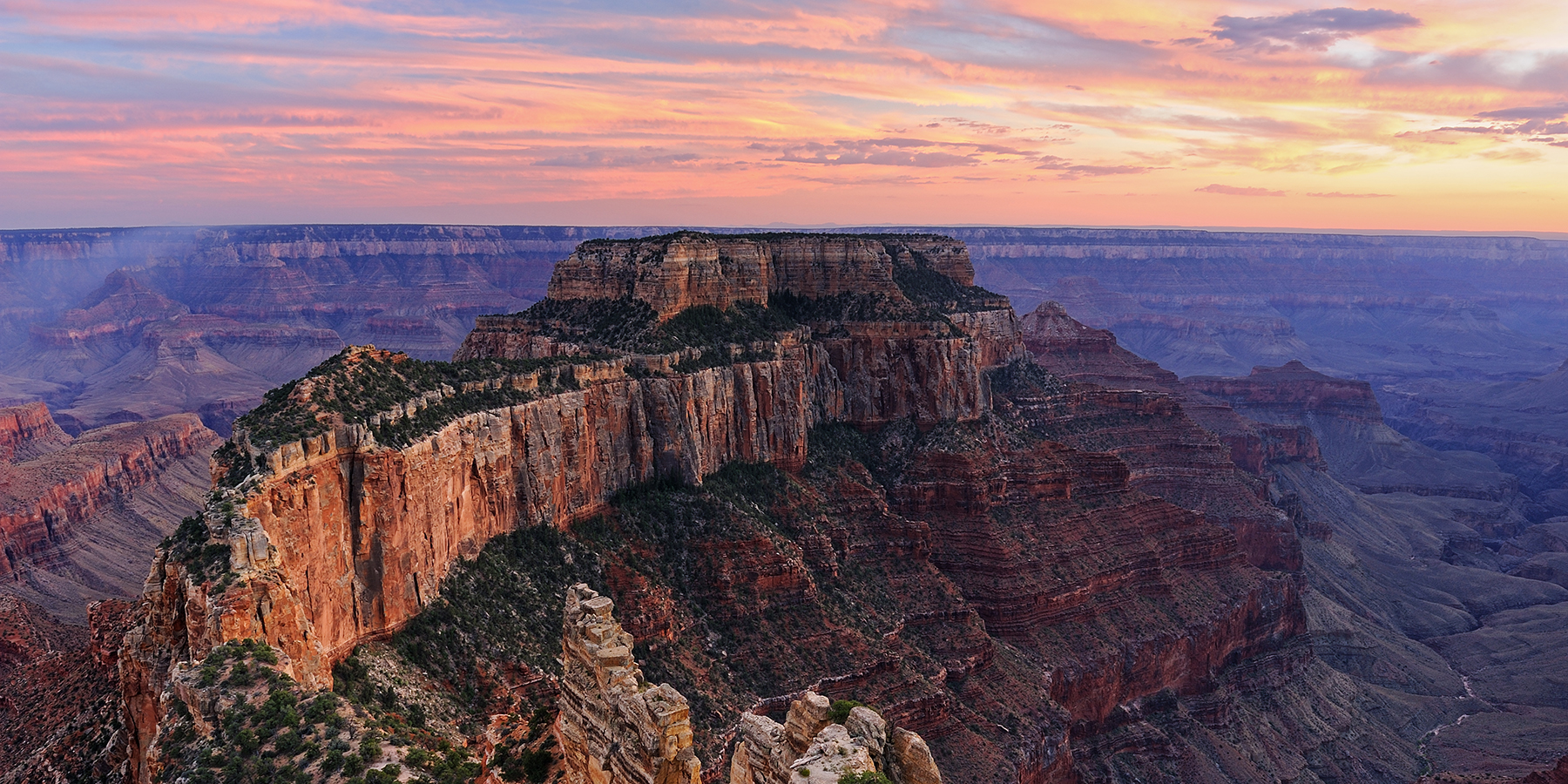
Grand Canyon Conservation Support the Trust and protect the Grand Canyon
Your donation funds on-the-ground conservation efforts and advocacy work.
